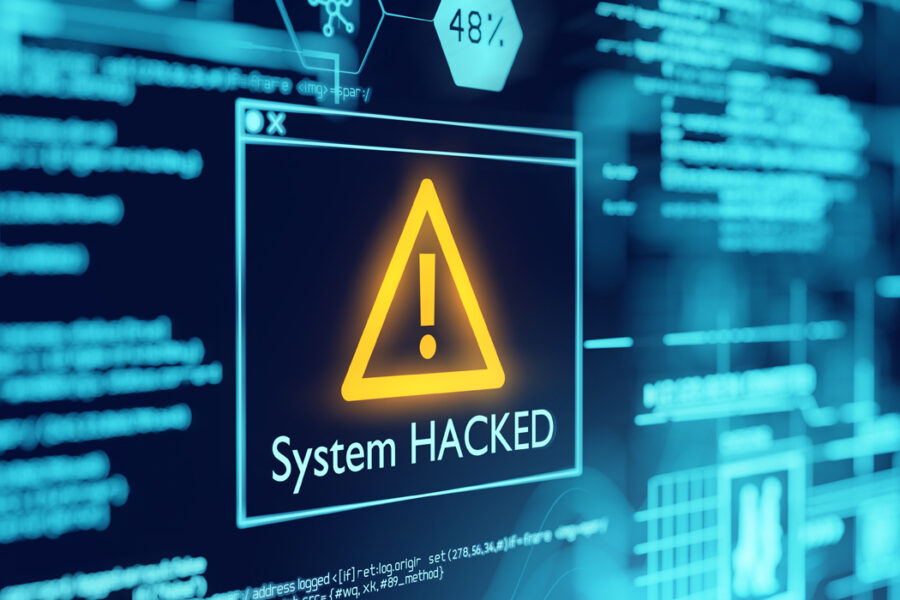Case: CBI v. Arif Azim (Sony Sambandh Case) (2013)
Introduction:
Welcome to the official blog of the Law Offices of Kr. Vivek Tanwar Advocate and Associates, where we are dedicated to providing litigation support services for matters related to Cybercrime. In today’s blog post, we aim to shed light on the prevailing issues surrounding Cybercrime, the legal framework for their protection, and the steps we can take as a society to combat these acts. Join us as we explore this critical subject and empower you with the knowledge to protect your rights and safety.
In a case that has gripped the nation, the petitioner, the Central Bureau of Investigation (CBI), has laid charges against the defendant, Arif Azim, a call center employee. This groundbreaking case revolves around cybercrime, where the accused finds himself in the crosshairs of the Information Technology Act, 2000, and the Indian Penal Code, 1862. Marking a watershed moment, this case is the first of its kind in the realm of cybercrime, carrying national significance, as it marks India’s inaugural cybercrime conviction.
Facts:
The story begins with a complaint filed by Sony India Ltd, operator of the website www.sony.sambandh.com, which caters to Non-Resident Indians (NRIs). The website facilitates NRIs in sending Sony products to their loved ones in India through online payments.
Under the pseudonym Barbara Campa, an individual logged onto the website, ordered a Sony Color Television set and cordless headphones, and paid with a credit card. The items were intended for delivery to Arif Azim in Noida. The transaction appeared legitimate; the credit card agency cleared the payment, and the products were duly delivered to Arif Azim, with photographic evidence to substantiate the delivery.
However, the narrative took a sinister twist when, a month and a half later, the credit card agency notified the company that the transaction was unauthorized, as the real card owner disavowed making the purchase.
Subsequently, the company lodged a complaint with the CBI, which initiated legal action under Sections 418, 419, and 420 of the Indian Penal Code. The ensuing investigation revealed that Arif Azim, employed at a Noida call center, had illicitly accessed the credit card details of an American national, utilizing them to make unauthorized purchases on the company’s website. As a result, both the Sony Color Television and cordless headphones were retrieved by the CBI, and Arif Azim was apprehended.
Issue: The key legal issues in this case are twofold:
- Can the Indian Penal Code be effectively applied to cybercrimes?
- What should be the nature of the punishment – severe or lenient?
Rule of Law:
Under the Indian Penal Code:
- Section 418: Pertains to “Cheating with knowledge that wrongful loss may ensue to a person whose interest offender is bound to protect.” The punishment for this offense can extend to three years of imprisonment, or a fine, or both.
- Section 419: Addresses “Punishment for cheating by personation.” It stipulates that a person committing this offense may face a fine, imprisonment up to three years or both.
- Section 420: Covers “Cheating and dishonestly inducing delivery of property.” Anyone engaging in cheating to dishonestly induce another person to deliver property or alter valuable security may face imprisonment for up to seven years, coupled with a fine.
Under the Information Technology Act, 2000:
- Section 66C: Defines “Punishment for identity theft,” where identity theft, or the act of stealing another person’s identity, may lead to imprisonment for up to three years or a fine of up to Rs.1 lakh, or both.
Judgment:
Following a thorough examination of the evidence and witness testimonies, the court found Arif Azim guilty under Sections 418, 419, and 420 of the Indian Penal Code, convicting him of cyber fraud and cheating. Acknowledging his youth and lack of prior criminal record, the court opted for a lenient sentence, releasing him on probation for one year. This landmark judgment not only signifies the first-ever cybercrime conviction in India but also underscores that the Indian Penal Code can be effectively wielded to address certain categories of cybercrimes, not encompassed within the Information Technology Act, 2000.
Conclusion:
This decision holds immense importance for the nation. Not only does it mark India’s inaugural cybercrime conviction, but it also underscores the efficacy of applying the Indian Penal Code to particular cybercrimes that fall outside the Information Technology Act, 2000. Furthermore, it sends a resounding message to all: the law cannot be circumvented.
We are a law firm in the name and style of Law Offices of Kr. Vivek Tanwar Advocate and Associates at Gurugram and Rewari. We are providing litigation support services for matters related to CyberLaws.

